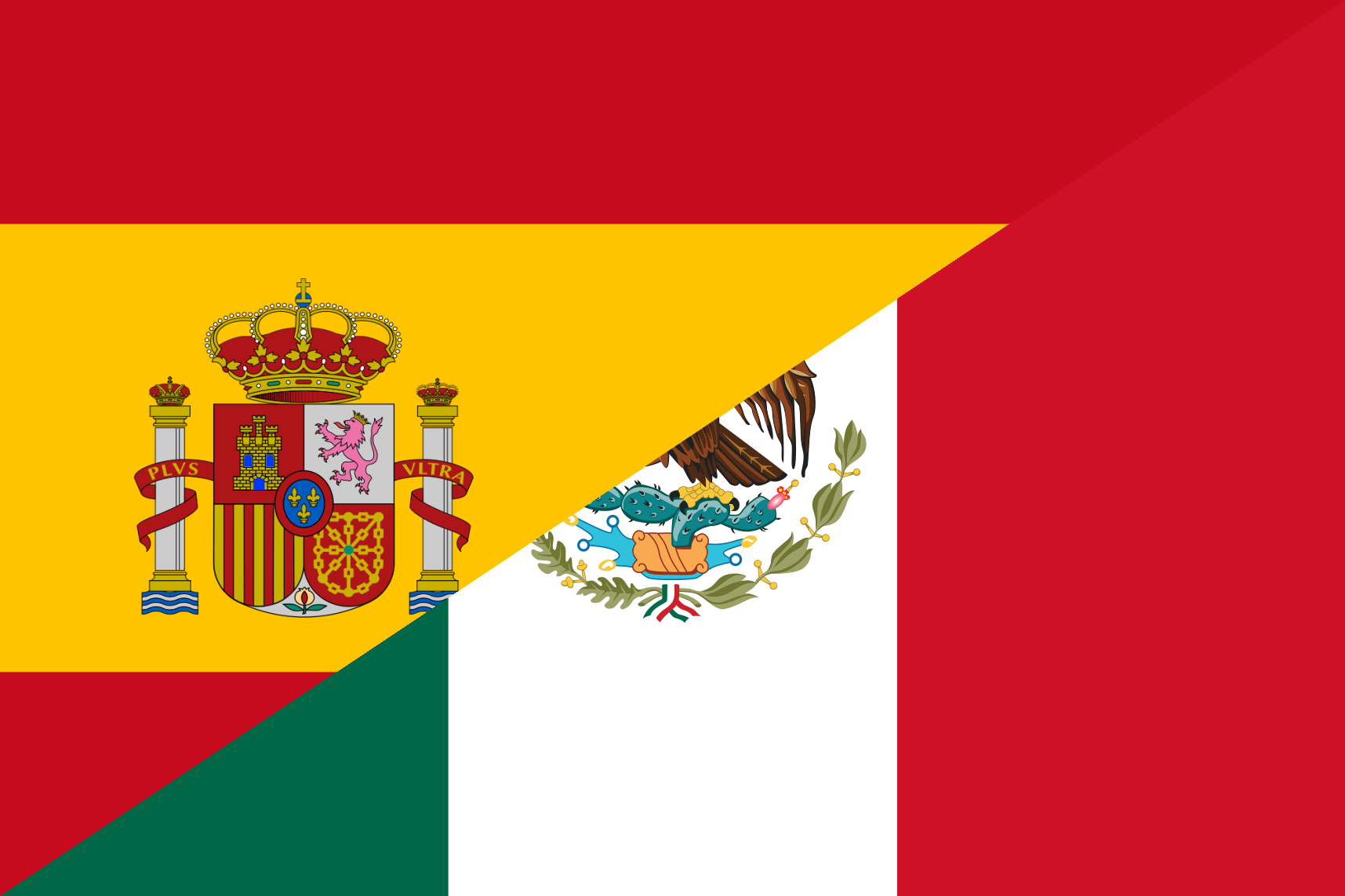día
Signification (Anglais)
- (masculine) day (any period of 24 hours)
- (masculine) day (a period from midnight to the following midnight)
- (masculine) day (rotational period of a planet)
- (masculine) day (the part of a day period which one spends at work, school, etc.)
- (masculine) day, daytime (the part of the day between sunrise and sunset)
Concepts
jour
journée
j
mat.
énurésie
durée
fois
moment
période
temps
âge
époque
jour ouvrable
jour ouvré
Fréquence
Coupé comme
dí‧a
Genre
♂️ Masculin
Prononcé comme (IPA)
/ˈdia/
Étymologie (Anglais)
Inherited from Old Spanish dia, from Vulgar Latin *dia, first-declension reshaping of Classical Latin diēs, from Proto-Italic *djous, from Proto-Indo-European *dyḗws (“heaven, sky”). Compare Old Occitan dia and Old Galician-Portuguese dia. Not cognate with English day.
Commencez à apprendre espagnol avec learnfeliz .
Entraînez-vous à parler et à mémoriser « día » et de nombreux autres mots et phrases dans espagnol .
Accédez à notre page de cours espagnol
Notes
Sign in to write sticky notes
Phrases
Hoy en día está en ruinas .
Aujourd'hui, il est en ruine.

Hoy en día funciona ahí la Universidad Nacional de Rosario  .
.

Aujourd'hui, l'Université nationale de Rosario y travaille.


